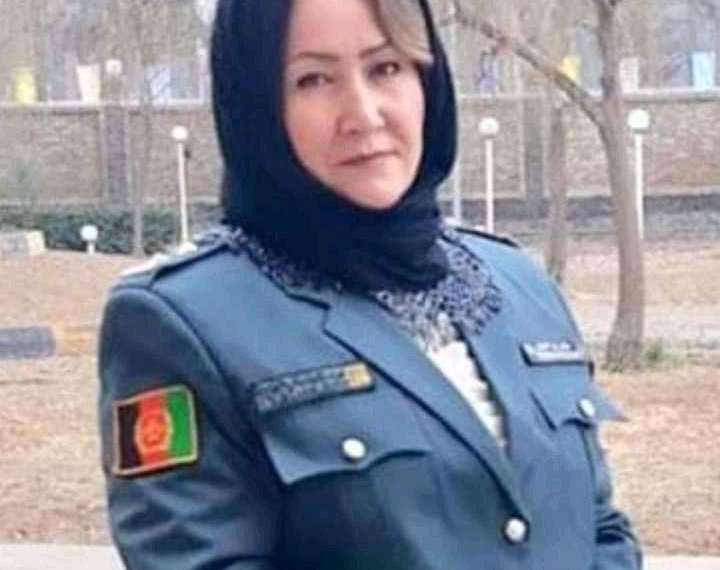By Maryam Mursal
Two weeks ago, Major Alia Arefi, the 45-year-old director of the women’s prison in Herat in western Afghanistan, received a phone call from an unknown caller. Shortly afterwards, she disappeared, her brother told Rukhshana Media.
“Around 1:30 pm on Saturday, September 29, someone called her and asked her to come to the prison gate,” said Bashir Arefi, her brother. “That night she didn’t come home, and she is still missing.”
Bashir told Taliban officials that his sister had gone missing, but there has been no information on her whereabouts since that fateful night.
Alia, who has two children, had received threatening phone calls in recent months from unknown men, Bashir added. Alia had worked in the prison system for the last 15 years, most recently as the director.
When the Taliban captured Kabul, in mid-August, Alia thought she wouldn’t be able to work. She stayed at home, but was called back to work by Taliban officials a month later.
Ammar Mohajer, the Taliban’s deputy governor in Herat province, confirmed to Rukhshana Media that they received a complaint by Alia’s brother and have instructed their officials to locate her. But Mohajer said a “family dispute” may be the reason for her disappearance, an option denied by Bashir.
There are widespread fears that the Taliban is taking revenge on Afghans who worked for the previous, U.S.-backed government. Human Rights Watch, in a report released in August, warned that the Taliban “have summarily executed and detained soldiers, police, and civilians with alleged ties to the Afghan government”.
Women who worked for Afghan security sectors are particularly at risk. In early September, Negar Masumi, a female police officer who worked in Ghor provincial prison, was shot dead in her house in front of her children.
The Taliban denied responsibility for her death and told local media that they would investigate the killing. But so far, no one has been arrested in relation to her death.








